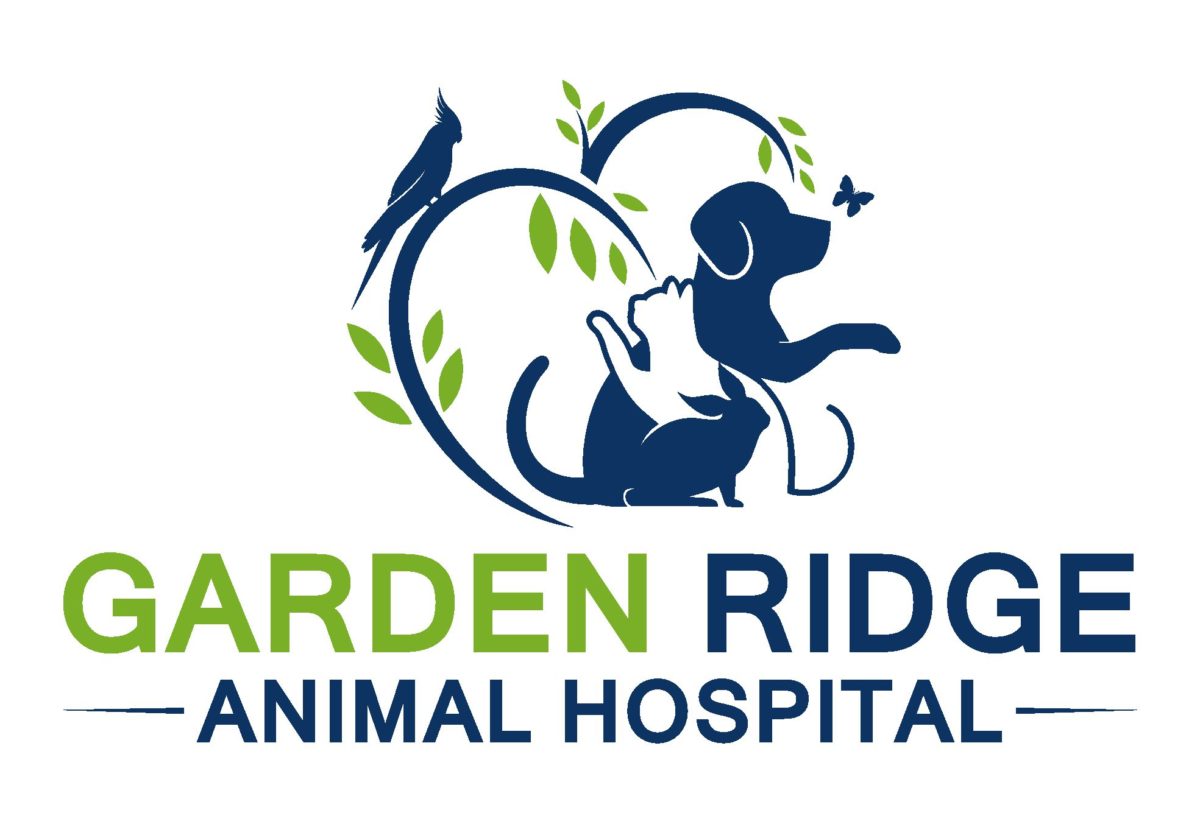
I am a big fan of the TV series “This is us”. It has been no secret that the dad, Jack, dies when the triplets are teenagers. But we didn’t know exactly how he died until the show after the Super bowl, last Sunday. Here is the spoiler- it was heart disease, not the fire.
And this is National Heart Month. People wearing red dresses to raise awareness, Valentines and all that.
How is this related to heart disease in pets? Many people don’t know that dogs, cats, and ferrets can get heart disease. Mostly we see congestive heart disease and cardiomyopathy, not myocardial infarctions, aka “heart attacks” like Jack did. Humans do get congestive heart disease 2nd to valvular disease, and some poor young athletes have dropped dead on the playing field with cardiomyopathy that they didn’t even know they had.
What’s the difference? What do all these words mean?
Congestive heart disease is where the blood is not pumped 100% forward through the heart because one or more valves doesn’t close all the way, leading to fluid” backing up”. And the most common valve affected in the mitral valve on the left “high pressure” side of the heart, so it backs blood up to the lungs. This is the most common type of heart disease that I see as a general practitioner. It is usually in smaller dogs, older dogs, and ones that have had some teeth/gum disease. There is definitely a gum disease/valve link. I will usually hear a heart murmur, which is actually the sound of the turbulence of the blood in the leaky valves. It can later progress to the dog coughing on exertion, or when they have been sleeping on one side. When this occurs in humans, they have the option of open heart surgery and valve replacement. The procedure was actually pioneered on dogs as surgery model but it is seldom done on geriatric canine patients. We manage it as clinicians and owners with rest, blood pressure medicines, diuretics to move the fluid away from the lungs, and a drug called pimbobendin (Vetmedin) that helps the heart pump stronger. It replaces the digitalis medicine that we used years ago. Thankfully, I don’t see congestive heart disease in cats, or ferrets. Unfortunately, King Cavalier Spaniels as a breed have a high incidence of congestive heart disease, even at a young age, so there seems to be a genetic component is some breeds.
Cardiomyopathy means disease of heart muscle. The actual muscle becomes weak, stretches out slowly, making it larger and harder to pump blood efficiently. We see it in some breeds of dogs, like Boxers, Dobermans, and some cats like Maine Coons. It is a tragic disease because it is hard to manage and the pets die young. In the 1980s we were seeing a lot of cats of all ages with it. Veterinarians discovered that cats needed a unique amino acid called taurine for heart health, and it was absent in some cat foods. Once that amino acid was added to cat food, this form of cardiomyopathy all but disappeared. Thus we discovered that cats aren’t just little dogs, and you can’t feed them dog food exclusively.
Ferrets also get cardiomyopathy. We haven’t found a genetic or nutritional link in this species, and it is difficult to manage those “big” hearted fellows too.
Heart attacks in pets? Probably not the same underlying coronary artery disease as humans, but they certainly can die suddenly from heart disease of any kind.
I wish I had great news about ways to “cure” heart disease, but I don’t. Pets and people die when the ticker gives out, just like Jack did. And we cry.
For more information:
http://newsroom.heart.org/events/february-is-american-heart-month-6669831
article on mitral insufficiency- http://www.veterinarypartner.com/Content.plx?P=A&S=0&C=0&A=1968
canine cardiomyopathy – http://www.veterinarypartner.com/Content.plx?P=A&S=0&C=0&A=2496
feline cardiomyopathy- http://www.veterinarypartner.com/Content.plx?P=A&S=0&C=0&A=2507
